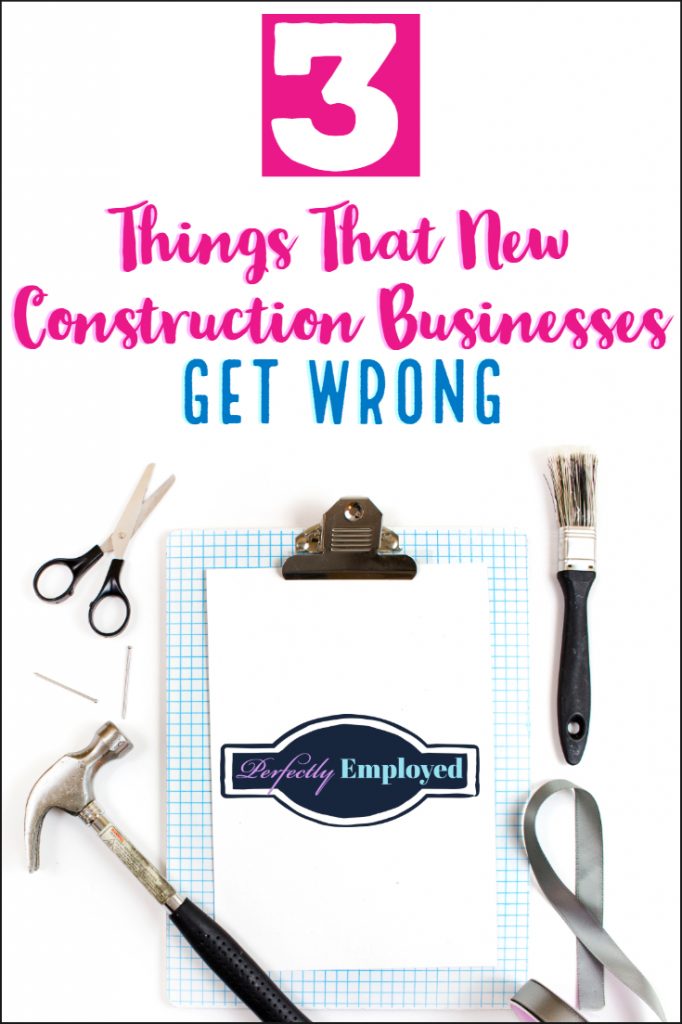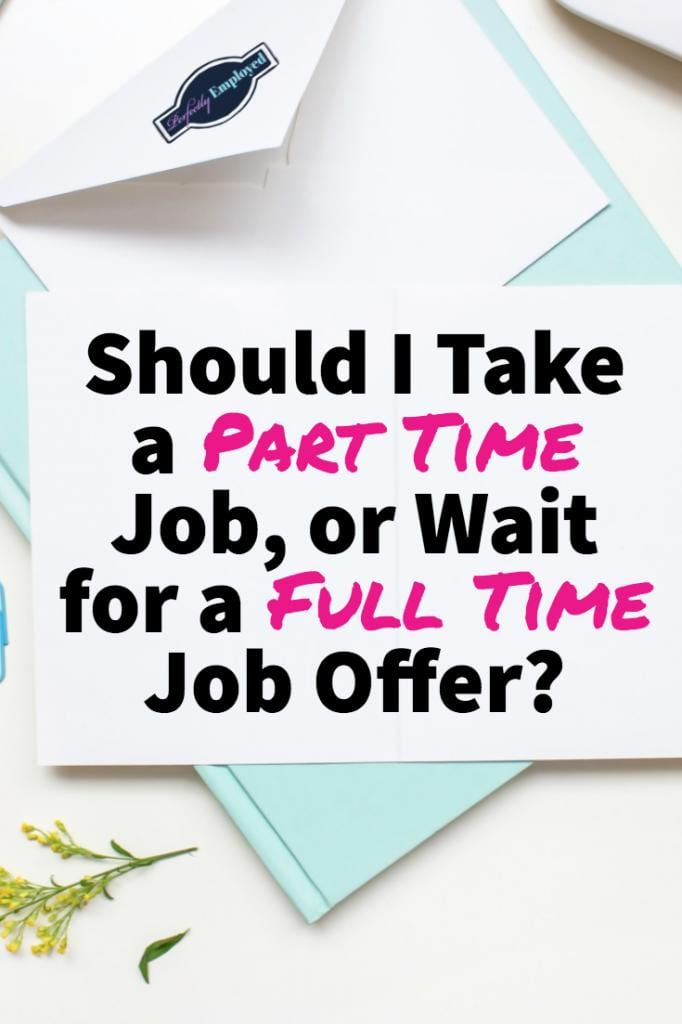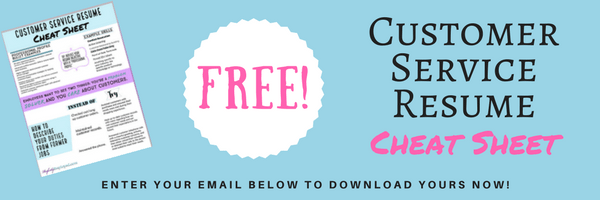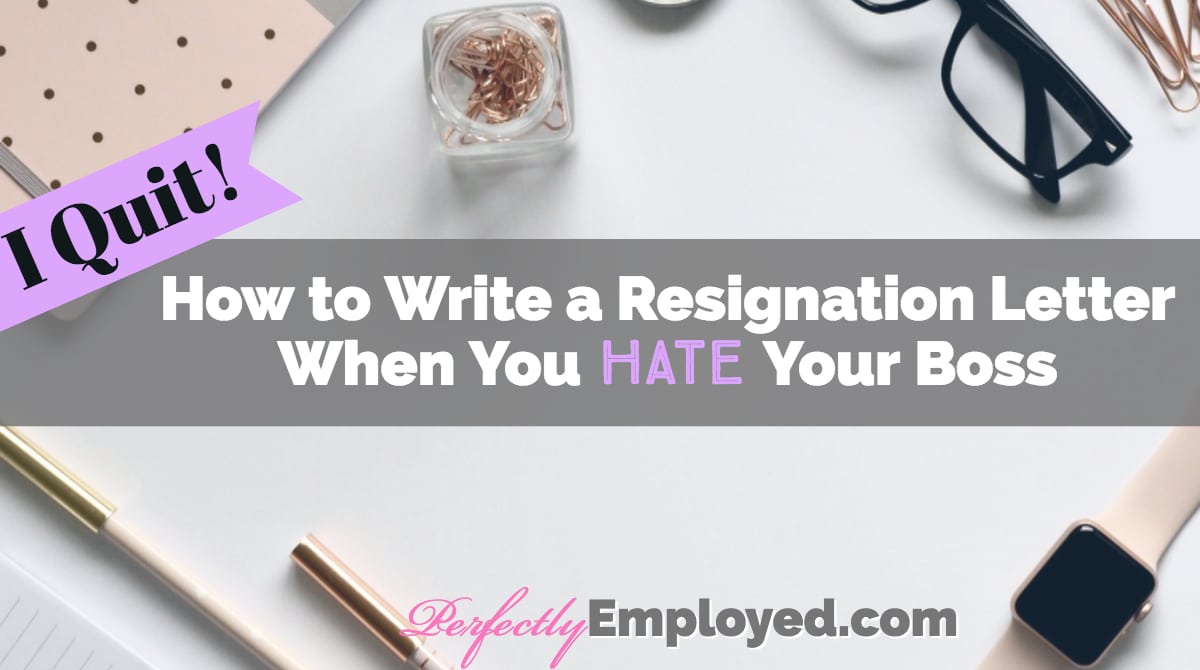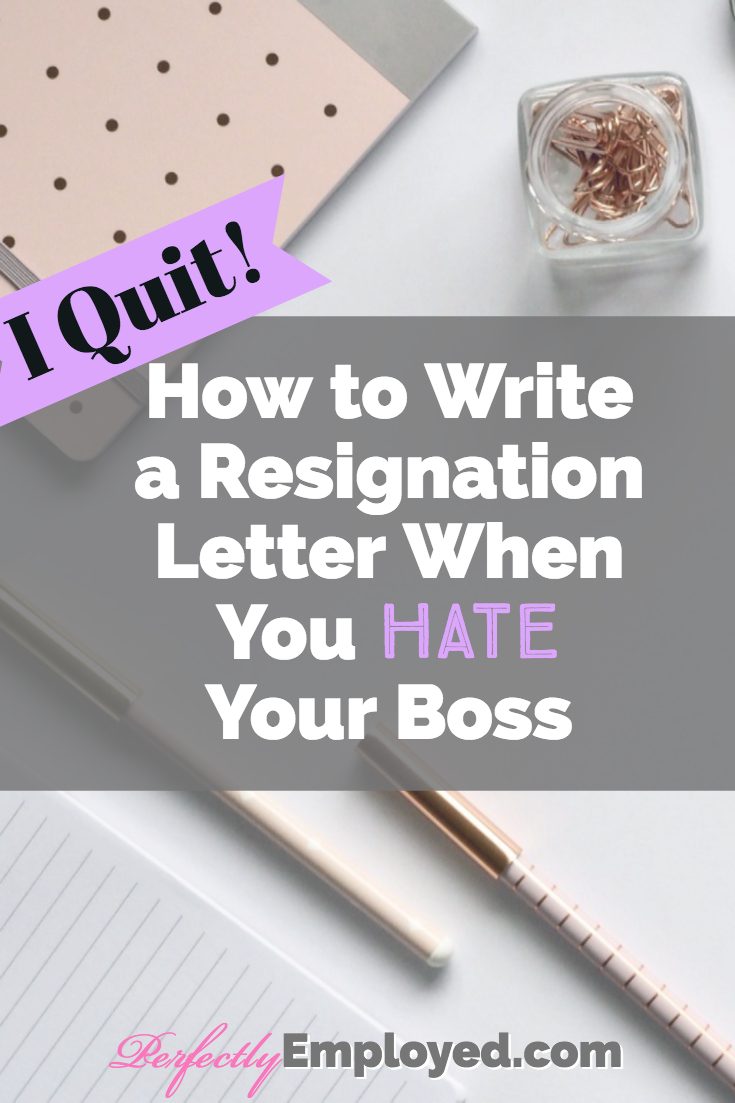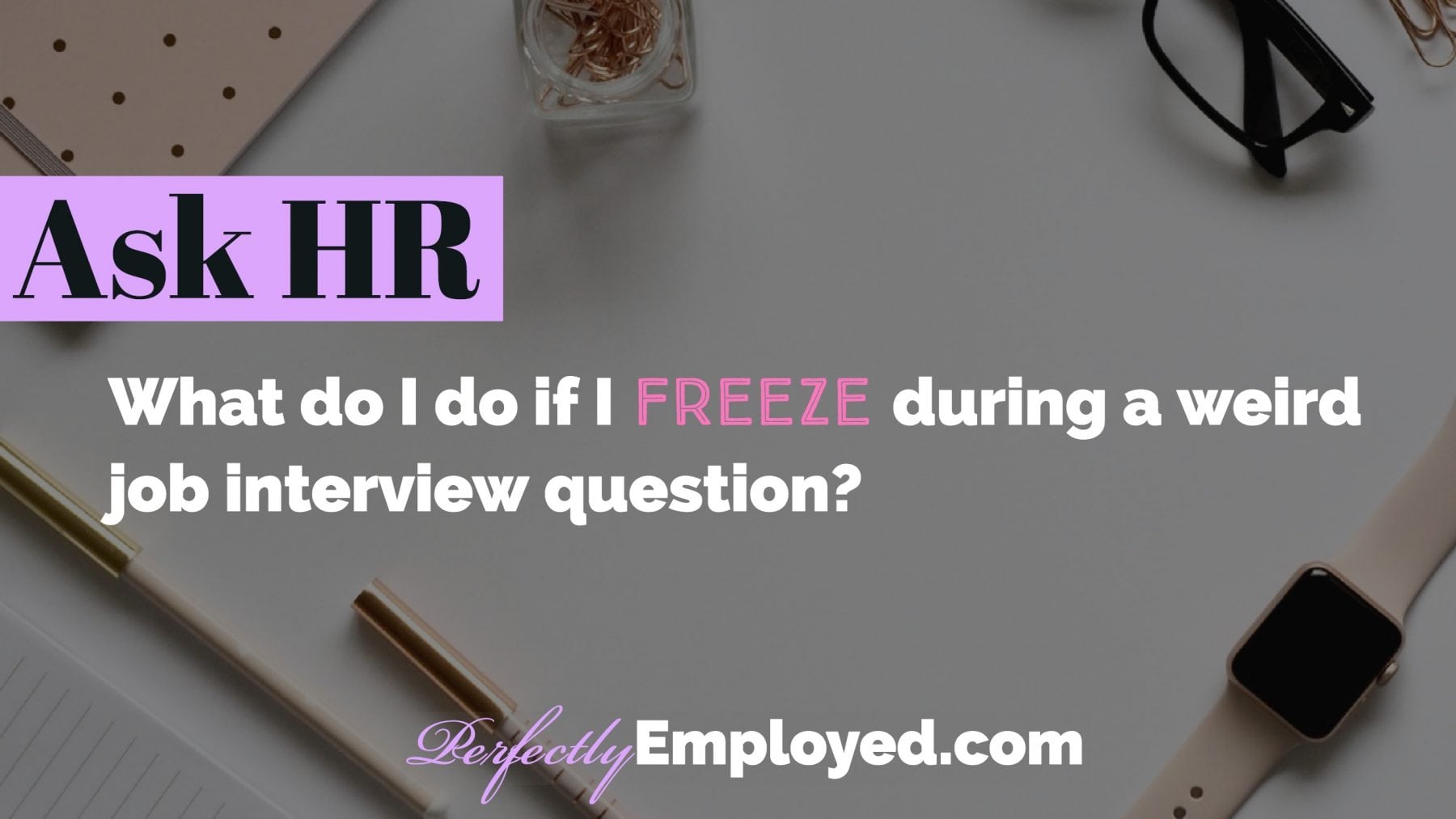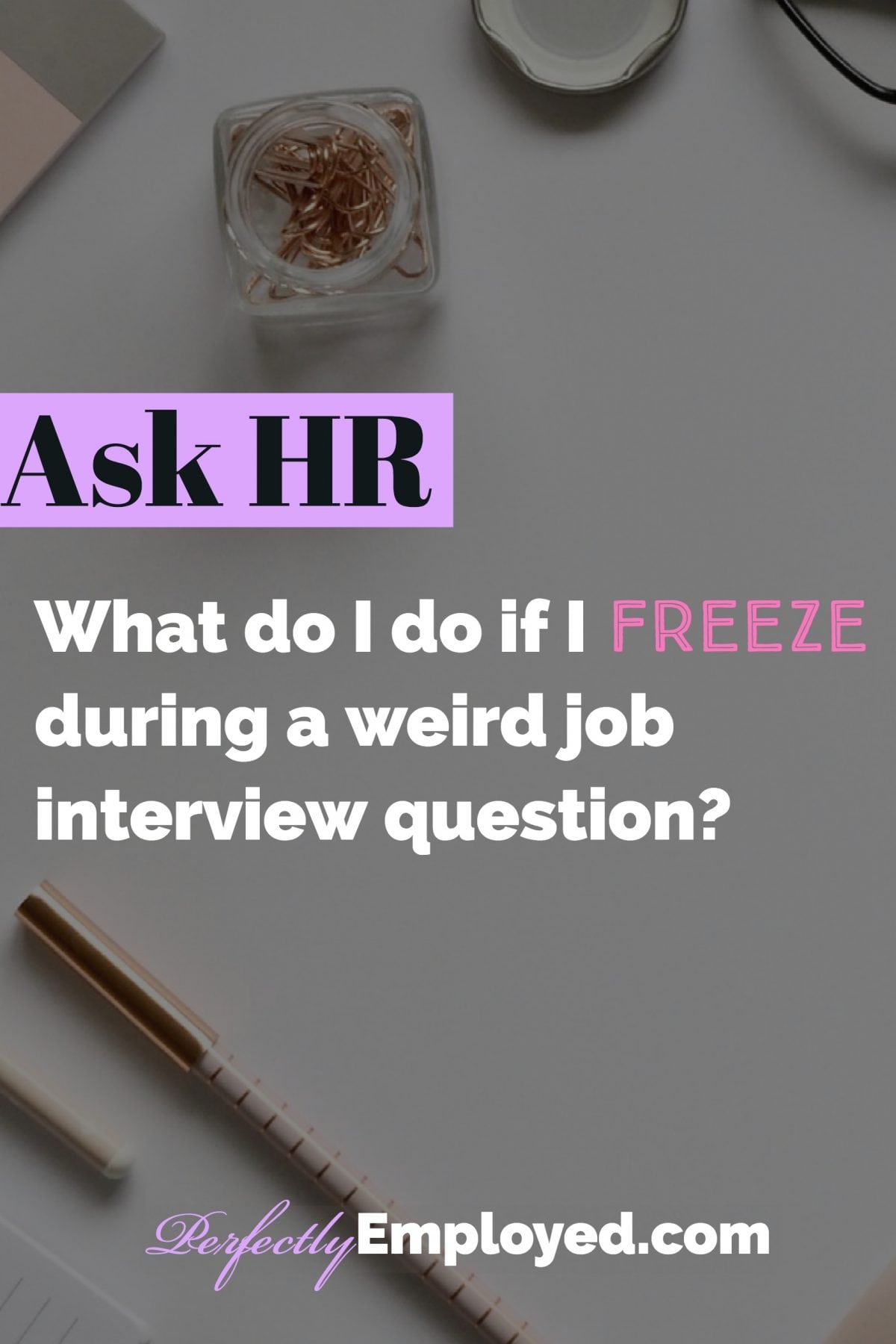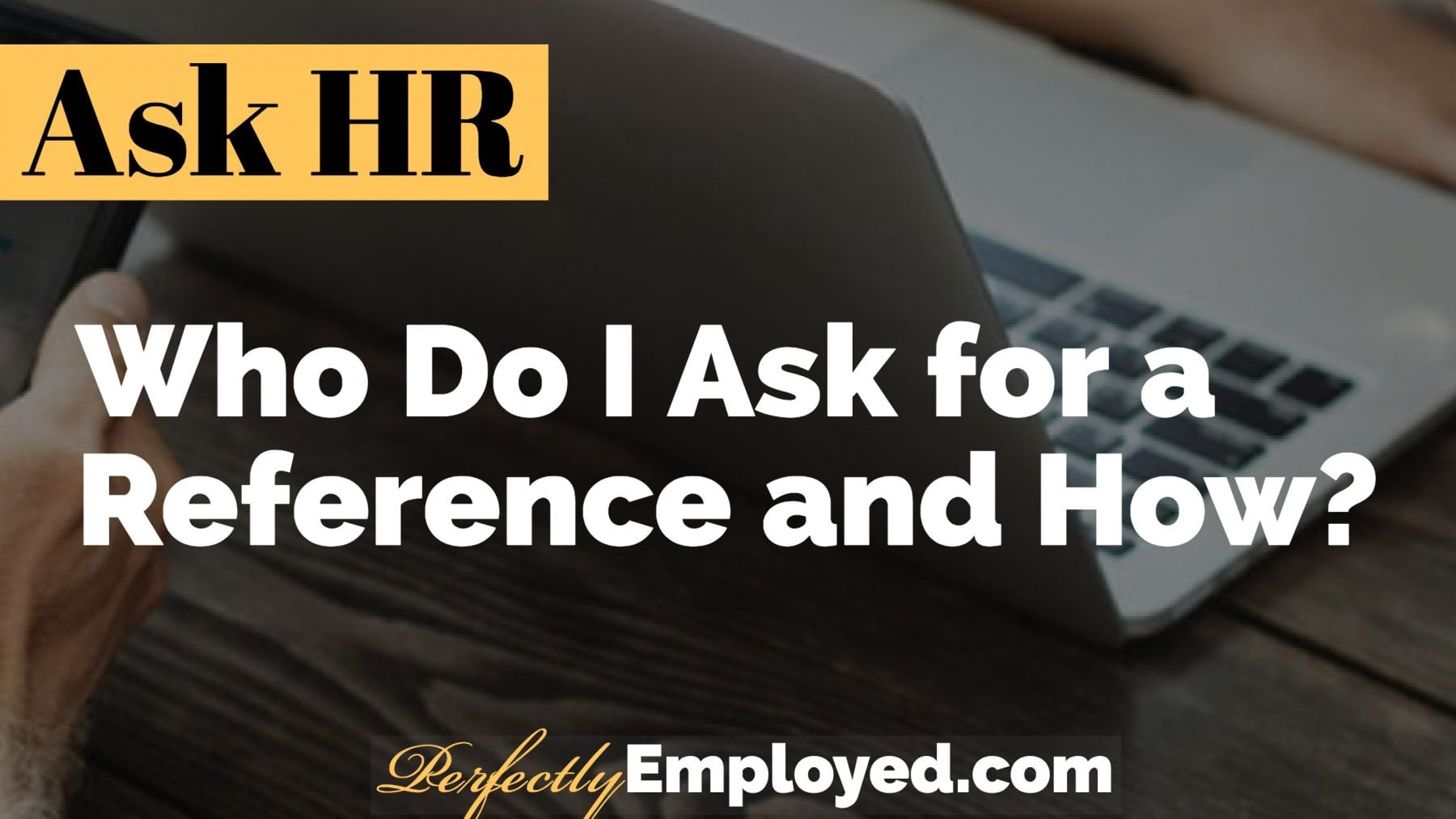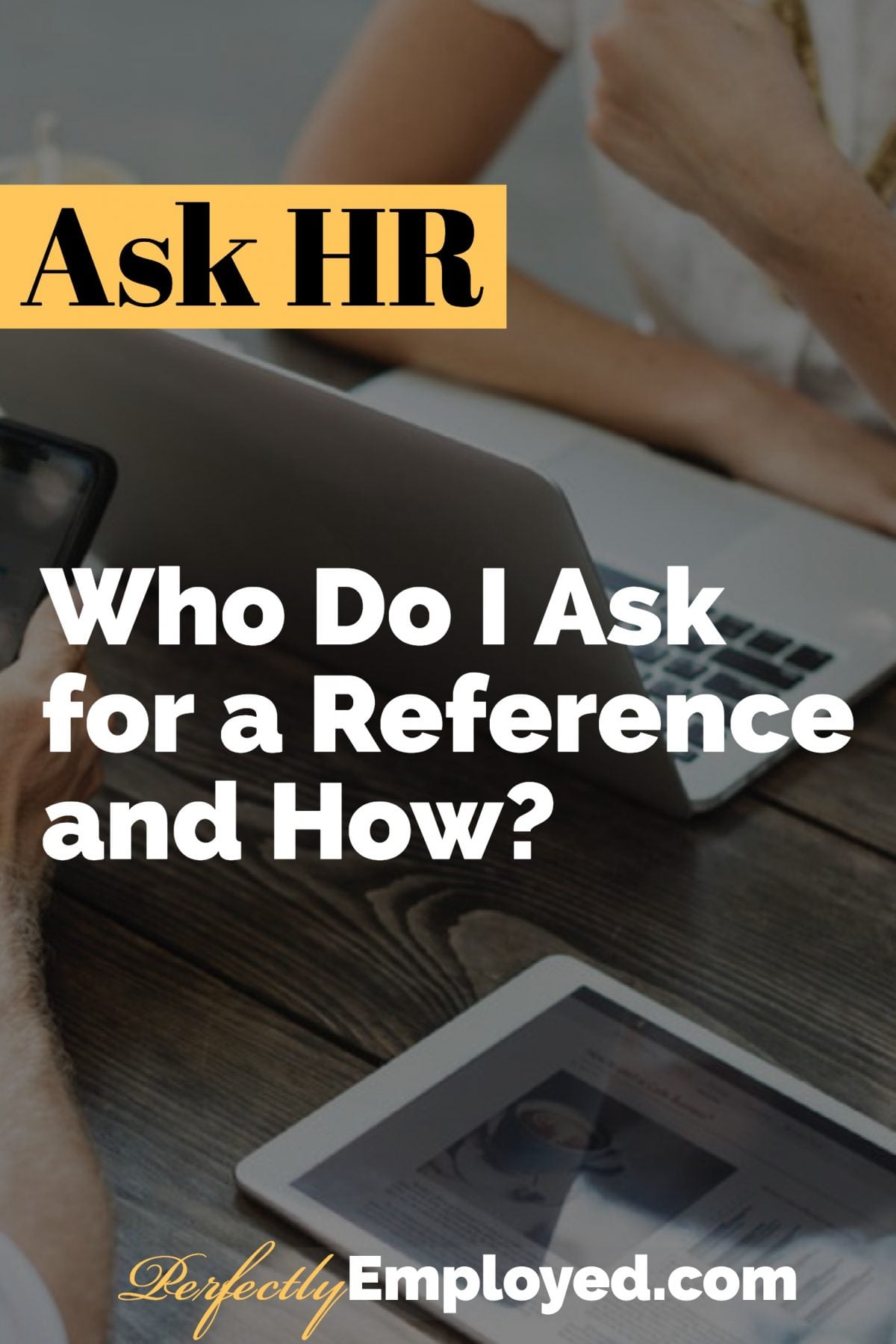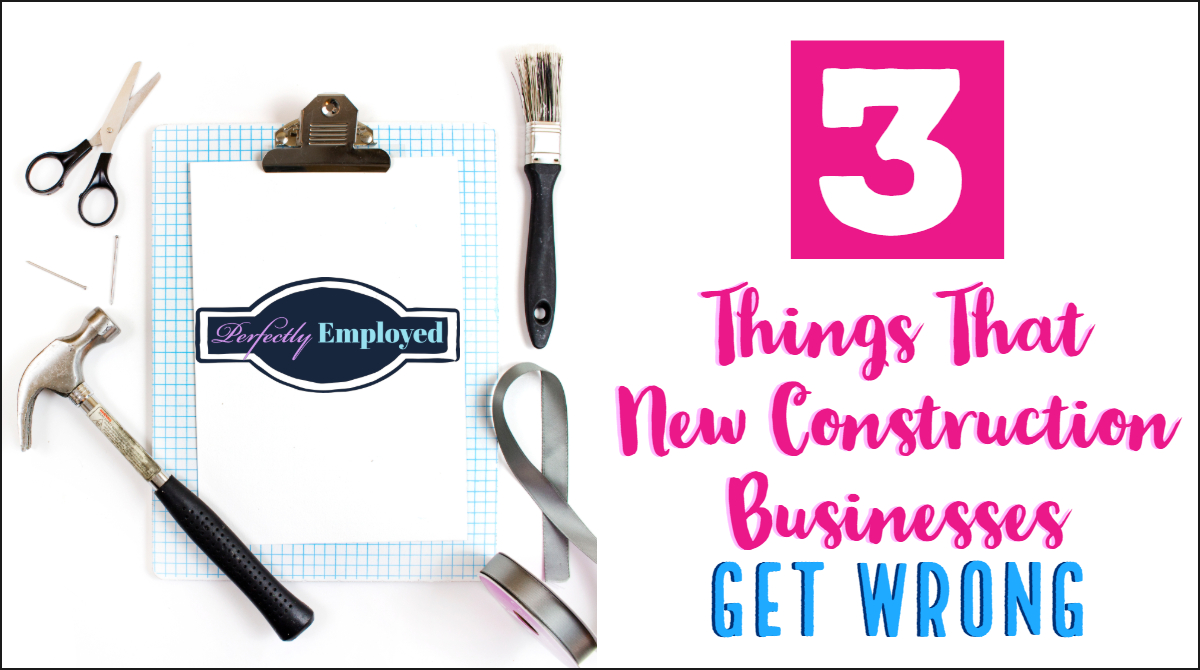
People often say that the construction industry is one of the safest options for people that want to start a business of their own. It’s true that there is always going to be demand for construction companies. You can make good money once you’ve got a base group of loyal customers, but a lot of people underestimate just how hard it is. Starting a construction industry can be a great idea but only if you get it right.
It costs a lot of money to get started in construction. You have to invest so much before you can even start taking on jobs and seeing any kind of a return on that investment. A lot of construction companies fail before they even get to that point because they get some fundamental things completely wrong. If you’re thinking about starting your own construction company, make sure that you avoid these common mistakes.
Not Getting Insurance
The startup costs are so high for construction companies. You need to find a way to manage that properly if you’re going to survive long enough to start making a profit. But there are some things that you can’t cut corners with, especially your insurance. It’s important that you have liability insurance to cover you if anything goes wrong. Liability insurance will pay out if you make a mistake and accidentally damage a customers property. If you don’t have insurance, you’ll have to cover the cost of that damage yourself and that will probably sink the business entirely.
Liability insurance is also important if somebody is injured during the job. There is a high chance that somebody will try to make a compensation claim against you and the payouts for those cases can be incredibly high. If you’ve got liability insurance, that will cover the settlement. If you don’t have insurance though, you’re going to have to pay for it yourself and, chances are, you won’t have that money. Insurance is an extra cost but it’s a necessary one so don’t try to cut corners.
Spending Too Much On Equipment
It’s important that you do good quality work because word of mouth is a powerful thing. That means you need to invest money in good quality tools and machinery. However, if you go overboard, your costs will spiral out of control. If you need to buy any heavy machinery, you should always look for plant machinery finance options rather than paying for it all upfront. That way, you can spread the cost out and start paying it back once you’re bringing more money in.
A lot of companies struggle because they try to buy all of their tools at the beginning. There are a lot of basic tools that you’ll need for most jobs. The more specific tools that you only use for certain jobs should be bought on a use by use basis. If you take on a job that requires specific tools, you can fund them with the deposit that you get from the customer. By doing it that way, you can build up your equipment over time when you can afford it, rather than spending all of your money right at the beginning.
Related Posts
- 3 Enormous Job Interview Mistakes (to avoid)
- Home Business Legal Requirements—Are You Protected?
- Where to Focus Your Efforts to Expand Your Business
Expanding Too Quickly
Most construction companies will start out with fairly small scale residential work and then eventually graduate on to larger projects. That business growth is important if you’re going to succeed in the long term, but you’ve got to make sure that you do it at the right time. One of the biggest mistakes that construction companies make is trying to expand too quickly. They finish a few jobs and start making a bit of money. They decide that they’re going to expand their operation and start taking on much bigger projects. The overheads for those projects are so much larger. They end up putting all of their money into new equipment and material costs. In some cases, it might work out if you get enough jobs to sustain those increased overheads. But more often than not, it doesn’t happen that way and they can’t earn back the money that they’ve spent.
If you want to expand, you should start putting money aside from every job. Wait until you can comfortably afford to take on those large projects without putting yourself in financial difficulty. You should also look for investment to help you cover some of those increased overheads.
Save to Pinterest
